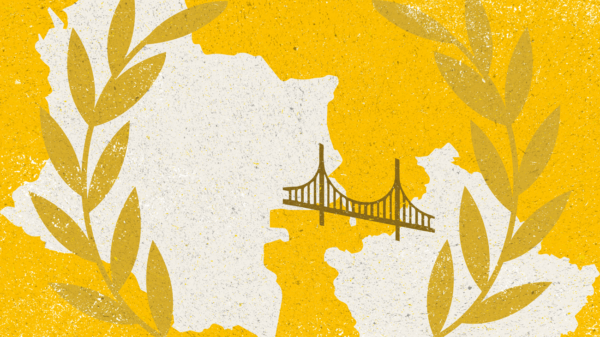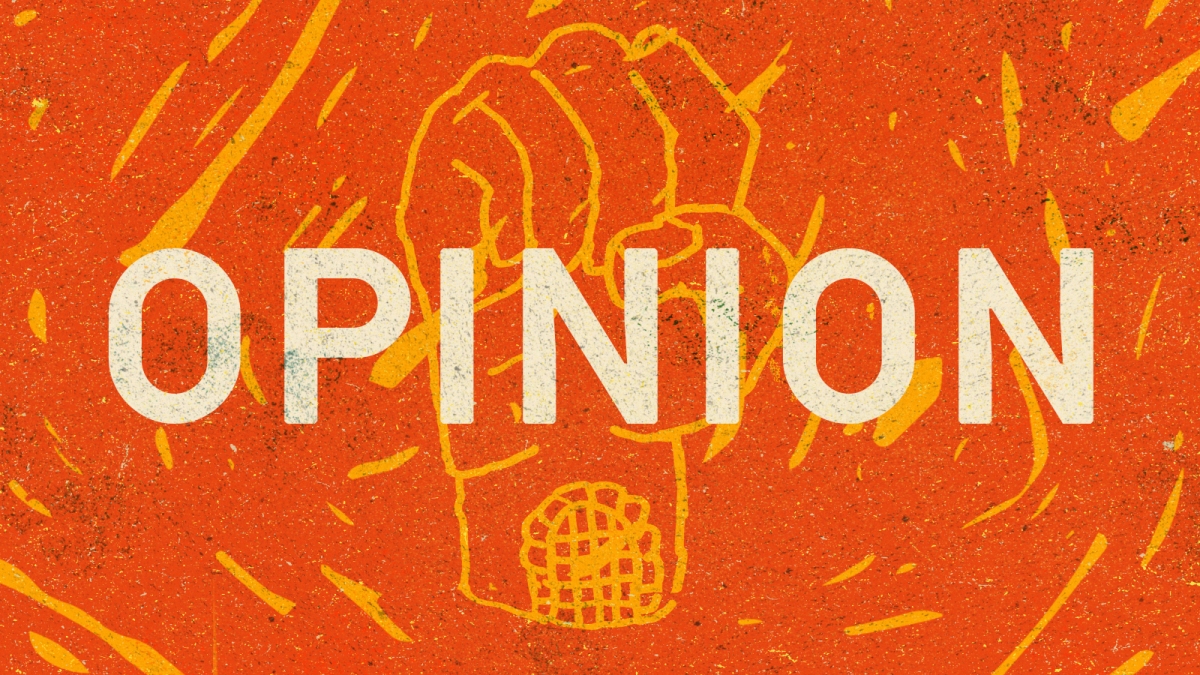With less than six months until national elections, the Kosovo government embarked on a mission to begin opening the Iber Bridge for car traffic, by painting and testing the bridge for load-bearing capabilities.
The Bridge, which is open for pedestrian traffic, has long stood as a symbol of division, separating the predominantly Serb population in the north from the majority Albanian community in the south.
The decision to open the Bridge to car traffic was made unilaterally and without any prior coordination, prompting strong backlash from the local community, Western countries, as well as members of civil society and the opposition in Kosovo.
Kosovo’s government has entered a strange state where it appears to be at war with every partner it has on this issue.
The mayor of South Mitrovica and PDK candidate for prime minister, Bedri Hamza, said that now is not the time to open the Bridge, remarking that it makes no sense “to burn every bridge we have to open one.” Hamza is currently on an official visit to Washington D.C., where he is meeting with U.S. government officials and think tanks.
Additionally, the American Chamber of Commerce in Kosovo has said it is concerned that the unilateral actions of the government will alienate partners and impede economic growth.
The U.S. Embassy in Kosovo has warned that opening the Bridge to car traffic at this moment will endanger American soldiers, and the European Union is considering imposing additional sanctions against Kosovo.
KFOR and EULEX have increased their presence and brought additional armored vehicles onto the bridge. KFOR has made it clear that it will not be moving its permanent presence off the bridge.
The Serb community has been adamant that it does not want the bridge to be open for car traffic. They feel threatened and intimidated by the Kurti government that has initiated several police actions under the pretext of enforcing the rule of law and ignoring the needs of the local community.
Over 400 women from the north signed a petition and asked to meet the Commander of KFOR to share their fears about the bridge re-opening to car traffic.
Meanwhile, the Kosovo government has refused to implement the Association/Community of Serb-Majority Municipalities (ASM), an agreement ratified by the Kosovo parliament and mandated by the Constitutional Court for enforcement.
The non-implementation of the ASM was the primary reason why Kosovo Serbs collectively resigned from state institutions in 2022.
Prime Minister Kurti has not made any attempt to engage with the community failing to deliver on his promise of initiating an internal dialogue with Kosovo Serbs, instead using the situation in the north as a political tool to fuel populism and bolster his reelection prospects.
Given the selective application of the rule of law, the claim that the Kosovo government is attempting to reopen the Iber Bridge for the common good and in adherence to the rule of law is simply not credible.
However, despite the backlash, the Kosovo government insists on opening the Bridge. First Deputy Prime Minister, Besnik Bislimi, claimed in a thread on X the Bridge issue had already been resolved in the Dialogue in 2016 and there was no reason to go back to it. Bislimi also claimed the government listened to the communities.
All of these claims are demonstrably false. The intention has always been to re-open the bridge; however, several issues–such as security, municipal border delineaation and coordination with the communities—have to be resolved before reopening the Bridge to car traffic.
Further, it is untrue that the government listened to people from any community. It held one public meeting last Thursday on the north side only, never fully answered anyone’s questions and merely told people that security was under control and the bridge would be opened.
Conducting community consultations requires that the concerns of the people be heard and considered prior to making any decisions. In contrast, the Kosovo government made the decision to reopen the bridge first, only to follow up with a superficial public discussion days later.
The police also arrested two opposition political figures and community activists before the meeting even started. When one Albanian woman journalist asked what would happen if KFOR didn’t agree with their decision, the minister of local administration, Elbert Krasniqi, told her not to threaten him with such a question.
Kosovo now faces a breaking point: Will the Kosovo government risk a confrontation with KFOR and the international community? And for the international community is this the red line that Kurti can’t cross? If so, will they enact the kind of measures that will hurt Kosovars?
According to the U.S. Ambassador in Kosovo, Jeffrey Hovenier, there is not as much enthusiasm for assisting Kosovo to enter international institutions or work with it to continue its progress into the European Union. The German Ambassador, Jorn Rohde, said Kosovo risks having its membership application to the EU “left in the inbox.”
But the most pressing question is how much more the people of Kosovo are willing to tolerate? Kosovo missed the opportunity to join the Council of Europe this year. There is a crackdown on media with the new law, that specifically goes against democratic standards. This government has not delivered much in infrastructure, education or healthcare reform and emigration continues to grow.
Is being able to drive a car across a bridge worth so much? It seems that appealing to nationalism may be a more effective strategy for winning elections than actually delivering on public policy.




























































